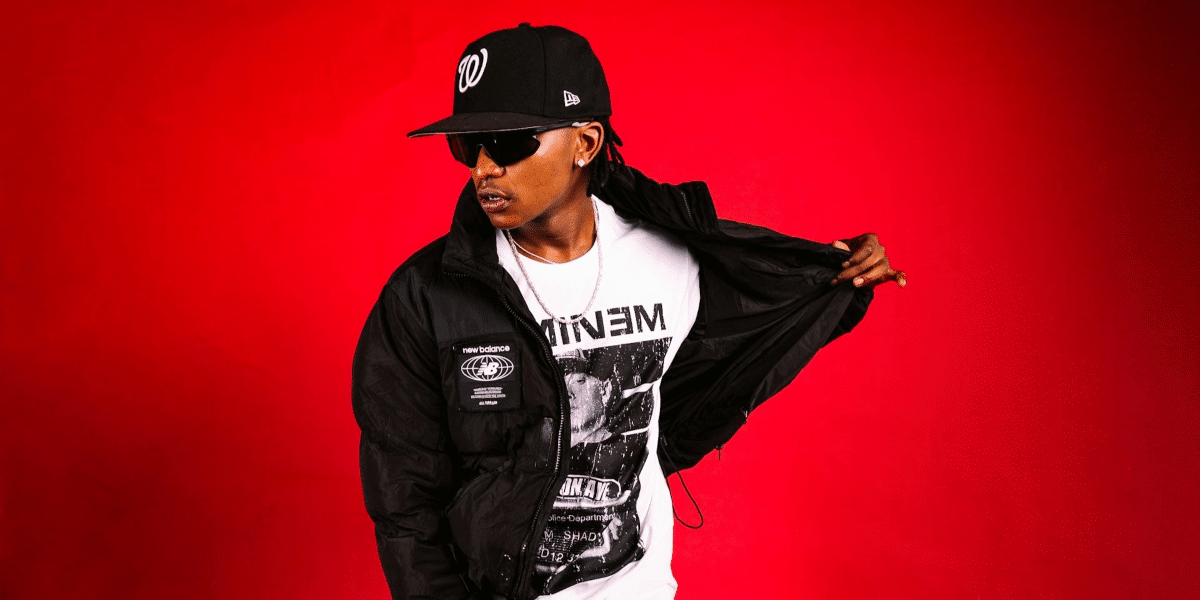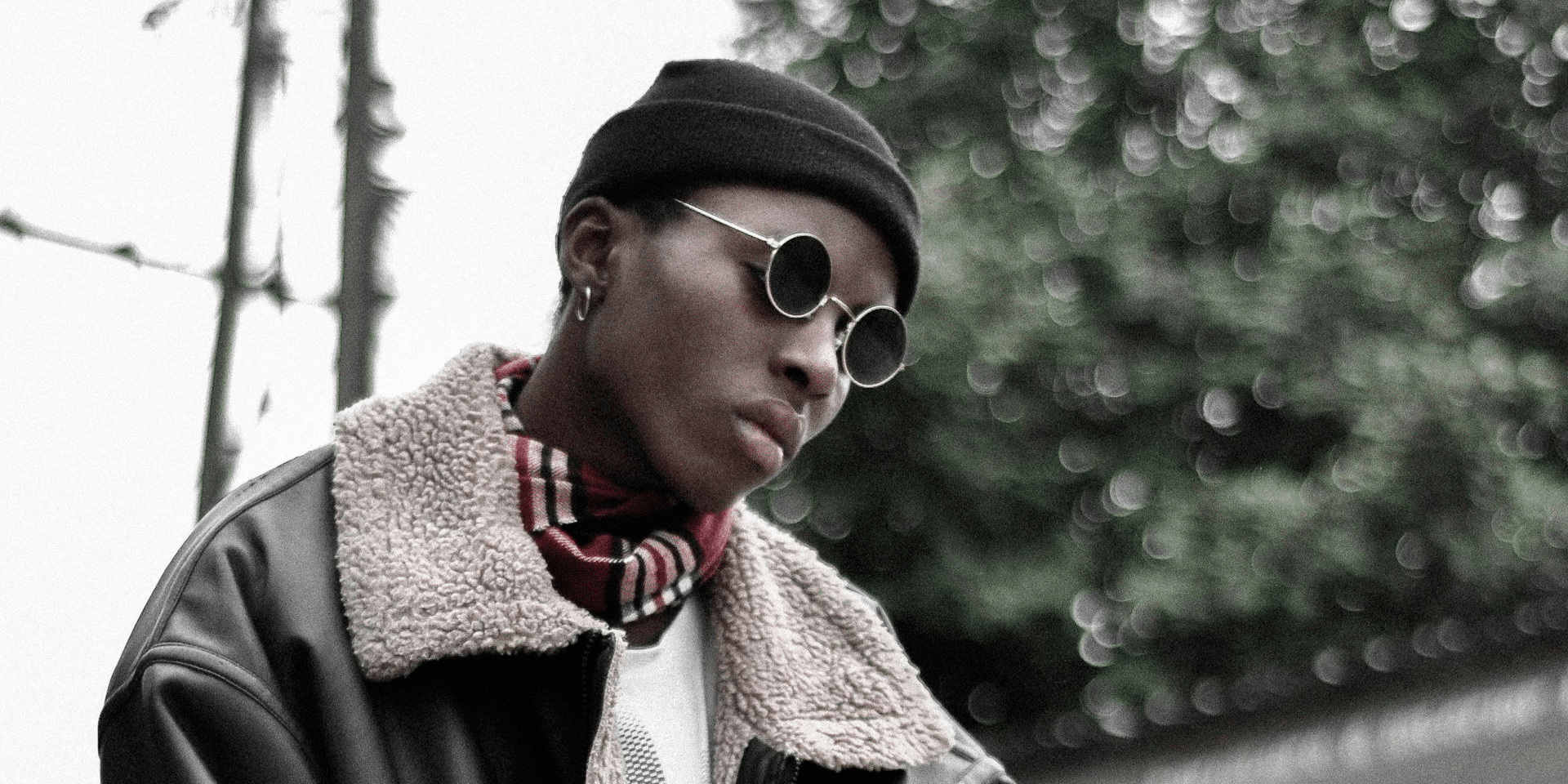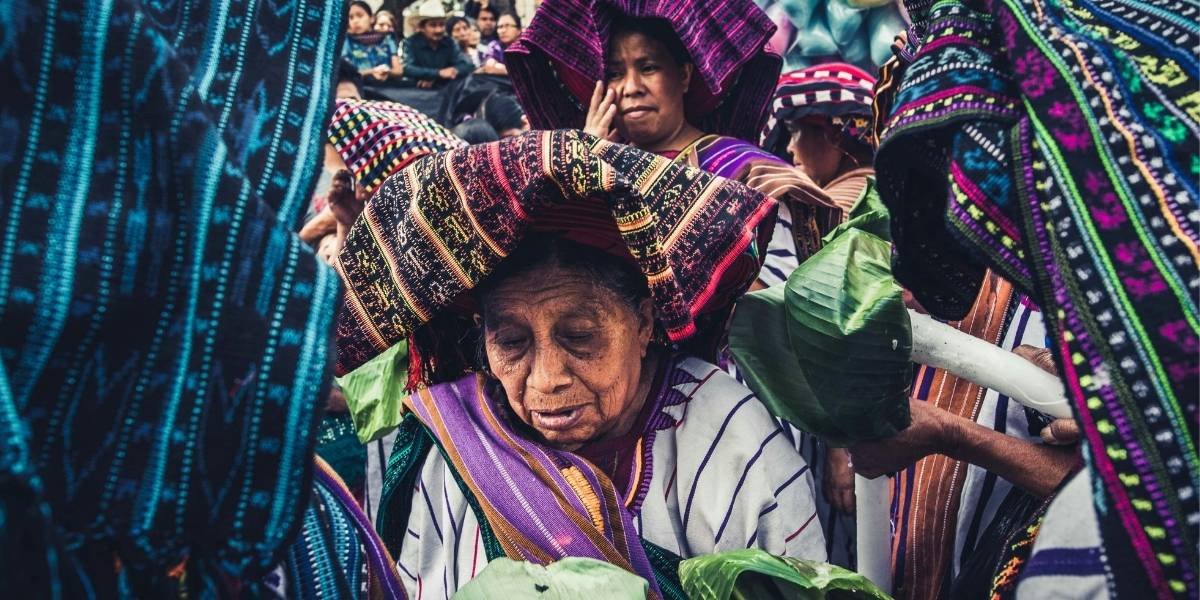The 2000s were a transformative era for hip-hop culture, with fashion playing a central role in shaping its identity. Among the many iconic elements of hip-hop style, caps stood out as a defining accessory, becoming synonymous with the genre itself. From their adoption by influential artists to their integration into streetwear, caps symbolized authenticity, regional pride, and a connection to the hip-hop community. This article explores the key factors that made caps an essential part of hip-hop culture in the 2000s.
Influence of Hip-Hop Icons
Prominent hip-hop artists of the 2000s played a pivotal role in popularizing caps, embedding them into the genre’s identity.
Adoption by Artists
Caps became a signature accessory for hip-hop icons like 50 Cent, Ludacris, Jay-Z, and Eminem. These artists frequently sported New Era fitted caps, bucket hats, and snapbacks in music videos, album covers, and live performances. Their widespread use of caps created a strong association between the accessory and the hip-hop lifestyle, turning it into a cultural symbol.
Brand Collaborations
Collaborations between hip-hop artists and cap brands further fueled the trend. Artists partnered with companies like New Era and Mitchell & Ness to create custom designs that resonated with fans. These collaborations not only elevated the visibility of caps within the genre but also established them as a must-have item for fans looking to emulate their favorite stars.
Association with Streetwear and Urban Culture
Caps seamlessly integrated into the broader aesthetic of hip-hop fashion, enhancing their appeal and significance.
Integration into Streetwear
The 2000s saw the rise of streetwear as a dominant fashion trend, with hip-hop culture at its core. Caps complemented other staples of hip-hop fashion, such as baggy jeans, oversized t-shirts, and sneakers, creating a cohesive and recognizable urban aesthetic. This integration solidified caps as an essential part of the hip-hop wardrobe.
Expression of Identity
Caps offered a way for individuals to express their personal style and affiliation with the hip-hop community. Whether tilted to the side, worn backward, or customized with unique designs, caps allowed wearers to make a statement about their identity and connection to the culture.
Symbol of Authenticity and Street Credibility
In addition to their fashion appeal, caps carried deeper cultural significance within the hip-hop community.
Cultural Significance
Caps became a symbol of authenticity in hip-hop, representing street credibility and a connection to the genre’s roots. Wearing a cap signaled allegiance to the culture, reflecting the values and attitudes that defined hip-hop in the 2000s. This association reinforced the idea that caps were more than just an accessory—they were a badge of honor for those who lived and breathed the genre.
Regional Representation
Many artists and fans used caps to showcase regional pride, often sporting designs featuring the logos of local sports teams. For example, Jay-Z popularized the New York Yankees cap, while artists from Los Angeles frequently donned caps representing the Dodgers. This practice allowed individuals to celebrate their hometowns while aligning themselves with the broader hip-hop community.
Commercialization and Mainstream Adoption
The prominence of caps in hip-hop extended beyond the genre, influencing mainstream fashion trends and consumer culture.
Fashion Trend
As hip-hop grew in popularity during the 2000s, its fashion influences spread to broader audiences. Caps, once primarily associated with urban culture, became a mainstream fashion staple. This shift was driven in part by the visibility of hip-hop artists in media and their influence on global fashion trends.
Merchandising
Caps emerged as one of the most popular merchandise items for hip-hop artists and brands. Customized caps featuring logos, album artwork, and slogans allowed fans to display their loyalty while generating additional revenue for artists. This commercialization reinforced the accessory’s status as a cultural icon while expanding its reach beyond traditional hip-hop circles.
Legacy of Caps in Hip-Hop Culture
Even as fashion trends evolve, the impact of caps on hip-hop culture remains undeniable. The 2000s cemented their status as an essential symbol of the genre, reflecting its values, aesthetics, and community ties. Today, caps continue to hold a special place in hip-hop fashion, serving as a reminder of the genre’s rich history and enduring influence.
Caps became synonymous with hip-hop in the 2000s due to their widespread adoption by influential artists, integration into streetwear, cultural significance, and commercialization. These factors combined to elevate caps from a simple accessory to a powerful symbol of identity, authenticity, and pride within the hip-hop community. Whether worn to make a fashion statement, express regional loyalty, or embody the spirit of the genre, caps played a pivotal role in shaping the visual language of hip-hop during this transformative era. Their legacy lives on, continuing to inspire and connect fans and artists across generations.








